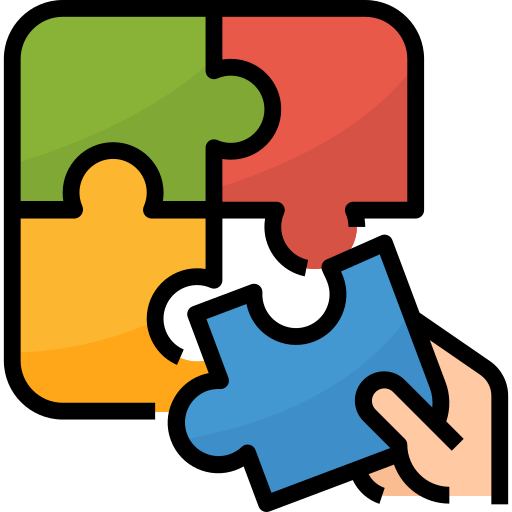A Brief History of Cryptograms and Secret Codes
From ancient military ciphers to modern puzzle culture, explore how secret codes shaped history, communication, and intelligence.
The art of hiding messages is almost as old as written language itself. Across the centuries, cryptograms and secret codes have played a crucial role in military campaigns, political intrigue, and everyday communication. Today, they’re beloved brainteasers—but their roots run deep into the world of espionage, war, and science. Let’s take a journey through the fascinating history of cryptograms, from ancient ciphers to their modern-day rebirth as puzzles.
Ancient Beginnings: The First Ciphers
Secret writing dates back thousands of years. One of the earliest and simplest techniques was the Caesar cipher, named after Julius Caesar, who shifted each letter of his messages by a fixed amount. This method let Roman generals share plans without fear of eavesdropping—unless the enemy knew the trick!
Even older is the Scytale cipher, used by the Spartans in ancient Greece. This method involved wrapping parchment around a rod and writing a message along its length. Unwinding the parchment left a jumble of letters—only readable if you had the right size rod.
Codes in the Age of Empires
As civilizations grew, so did the complexity of their secret codes. In the Middle Ages, diplomats and monarchs relied on substitution ciphers and codebooks to protect correspondence. The Arab mathematician Al-Kindi wrote one of the first books on cryptanalysis—the science of breaking codes—introducing the method of frequency analysis that’s still useful for solving cryptograms today.
Espionage, War, and the Rise of Codebreaking
The stakes grew higher in the modern era. During the Renaissance, the Vigenère cipher emerged, using a repeating key to create much stronger codes. European courts and armies used ever-more elaborate systems to shield secrets from rivals.
World wars brought codebreaking to center stage. In World War I, the Allies cracked German ciphers, intercepting key plans. World War II saw famous breakthroughs, such as the British effort at Bletchley Park, where Alan Turing and others decrypted Nazi messages encoded by the Enigma machine. Their work not only shaped the outcome of the war but laid the groundwork for computer science and modern cryptography.
Secret Codes in Pop Culture and Puzzles
After the wars, codes and ciphers captured the public imagination. Cryptograms became popular in newspapers and puzzle books, allowing anyone to play the role of codebreaker from their kitchen table. The thrill of uncovering hidden messages—once the realm of spies—was now available to puzzle fans everywhere.
From Ancient Art to Digital Encryption
Today, cryptography is a high-tech science underpinning the internet, online banking, and digital privacy. But the logic and techniques behind cryptograms remain much the same—substitute, disguise, and reveal. Whether you’re cracking an ancient code or solving a PlayCryptograms.com puzzle on your phone, you’re tapping into a centuries-old tradition of secrecy and discovery.
Try Your Hand at Codebreaking
Want to experience the thrill of historic codebreaking yourself? PlayCryptograms.com offers daily substitution ciphers inspired by centuries of secret writing. Each puzzle challenges you to use logic, deduction, and a little creativity—just like the cryptanalysts of history.
Final Thoughts
The story of cryptograms is the story of human ingenuity—how we hide, share, and discover information. From emperors and generals to hobbyists and students, the fascination with secret codes endures. Try a puzzle today and connect with the timeless world of ciphers!
Become a Modern Codebreaker
Test your own skills and relive the history of ciphers. Play a cryptogram now—no experience required!
Play Now